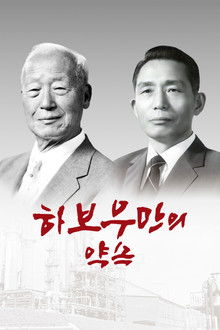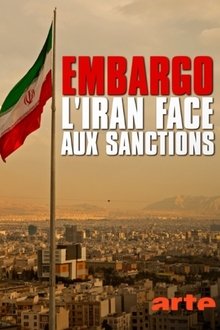"Africa Light" - as white local citizens call Namibia. The name suggests romance, the beauty of nature and promises a life without any problems in a country where the difference between rich and poor could hardly be greater. Namibia does not give that impression of it. If you look at its surface it seems like Africa in its most innocent and civilized form. It is a country that is so inviting to dream by its spectacular landscape, stunning scenery and fascinating wildlife. It has a very strong tourism structure and the government gets a lot of money with its magical attraction. But despite its grandiose splendor it is an endless gray zone as well. It oscillates between tradition and modernity, between the cattle in the country and the slums in the city. It shuttles from colonial times, land property reform to minimum wage for everyone. It fluctuates between socialism and cold calculated market economy.
Related Movies
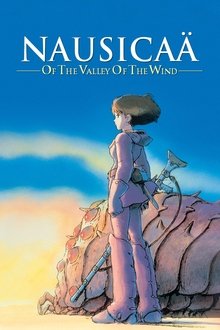
Nausicaä of the Valley of the Wind (1984)
After a global war, the seaside kingdom known as the Valley of the Wind remains one of the last strongholds on Earth untouched by a poisonous jungle and the powerful insects that guard it. Led by the courageous Princess Nausicaä, the people of the Valley engage in an epic struggle to restore the bond between humanity and Earth.

Railway Station (1980)
Warsaw's Central Railway Station. 'Someone has fallen asleep, someone's waiting for somebody else. Maybe they'll come, maybe they won't. The film is about people looking for something.

Princess Mononoke (1997)
Ashitaka, a prince of the disappearing Emishi people, is cursed by a demonized boar god and must journey to the west to find a cure. Along the way, he encounters San, a young human woman fighting to protect the forest, and Lady Eboshi, who is trying to destroy it. Ashitaka must find a way to bring balance to this conflict.
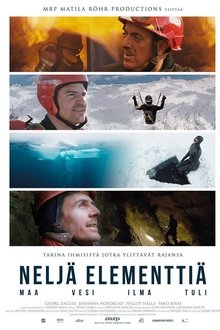
Life in Four Elements (2017)
A journey into four classical elements through the four main characters of the film. The main characters in the movie represent each of their own elements.

Liyana (2017)
A talented group of orphaned children in Swaziland create a fictional heroine and send her on a dangerous quest.

Killer Shark Vs. Killer Whale (2021)
Scientists dive deep on the mysterious and unusual predatory behavior of orcas attacking great white sharks, and the disappearance of the other sharks after these attacks.
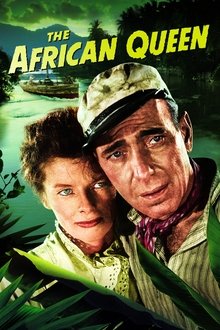
The African Queen (1952)
At the start of the First World War, in the middle of Africa’s nowhere, a gin soaked riverboat captain is persuaded by a strong-willed missionary to go down river and face-off a German warship.
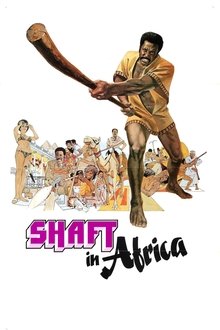
Shaft in Africa (1973)
Detective John Shaft travels incognito to Ethiopia, then France, to bust a human trafficking ring.

Grizzly Man (2005)
Follows the story of "Grizzly Man" Timothy Treadwell and what the thirteen summers in a National Park in Alaska were like in his attempt to protect the grizzly bears. The film is full of unique images and a look into the spirit of a man who sacrificed himself for nature.

NOVR (2013)
As their planet is being ripped apart two young soldiers Ashmal and Zack stumble across something that might be mankind's only hope for survival against an overwhelming alien invasion. A NOVR.
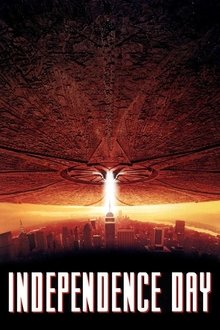
Independence Day (1996)
Strange phenomena surface around the globe. The skies ignite. Terror races through the world's major cities. As these extraordinary events unfold, it becomes increasingly clear that a force of incredible magnitude has arrived. Its mission: total annihilation over the Fourth of July weekend. The last hope to stop the destruction is an unlikely group of people united by fate and unimaginable circumstances.

The Horse Whisperer (1998)
The mother of a severely traumatized daughter enlists the aid of a unique horse trainer to help the girl's equally injured horse.
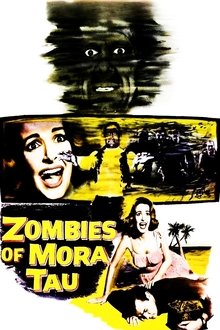
Zombies of Mora Tau (1957)
A fortune hunter leads a search for diamonds guarded by undead sailors off the coast of Africa.
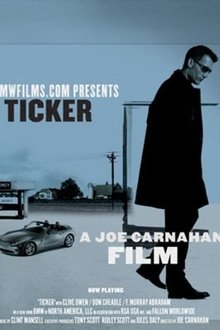
Ticker (2002)
The Driver drives a wounded diplomat, who carries a mysterious briefcase, while under helicopter attack. During the attack the briefcase is struck by a bullet, causing a display on it to begin counting down, and it to leak an unknown fluid from the bullet hole. The Driver manages to destroy his pursuers, but refuses to proceed without knowing the contents of the damaged briefcase. It is revealed that the diplomat guards a human heart for a peacekeeper, whose life is needed for the continued freedom of the people. The case is delivered, and the tyrant is forced to give up his attempt to take the country by force. The Driver leaves for another mission.
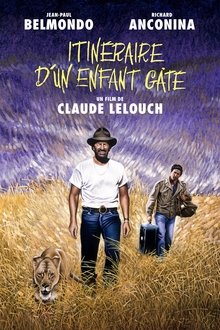
Itinerary of a Spoiled Child (1988)
A foundling, raised in the circus, Sam Lion becomes a businessman after a trapeze accident. However, when he reaches fifty and becomes tired of his responsibilities and of his son Jean-Philippe, he decides to disappear at sea. However, he runs into Albert Duvivier, one of his former employees. He comes to realise that he has ignored the important things in his life.

Dust Devils (2003)
A beautifully done video of Burning Man 2001, 2002 & 2003. Lots of people interviews, Center Cafe activity and extensive coverage of artist David Best and the Temple construction and burn. This documentary captures the swirling columns of dust that were created during the intense heat of the 2002 Temple burn.
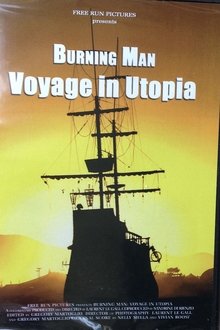
Burning Man: Voyage in Utopia (2007)
With a strong emphasis on founder Larry Harvey and temple artist David Best, this video expresses the scale and power of the Burning Man experience. Superb cinematography and editing are combined to make this is one of the most moving Burning Man videos ever produced.
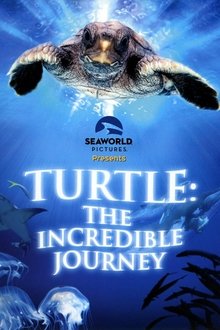
Turtle: The Incredible Journey (2009)
The story of a little loggerhead turtle, as she follows in the path of her ancestors on one of the most extraordinary journeys in the natural world. Born on a beach in Florida, she rides the Gulf Stream up towards the Arctic and ultimately swims around the entire North Atlantic across to Africa and back to the beach where she was born. But the odds are stacked against her; just one in ten thousand turtles survive the journey.
